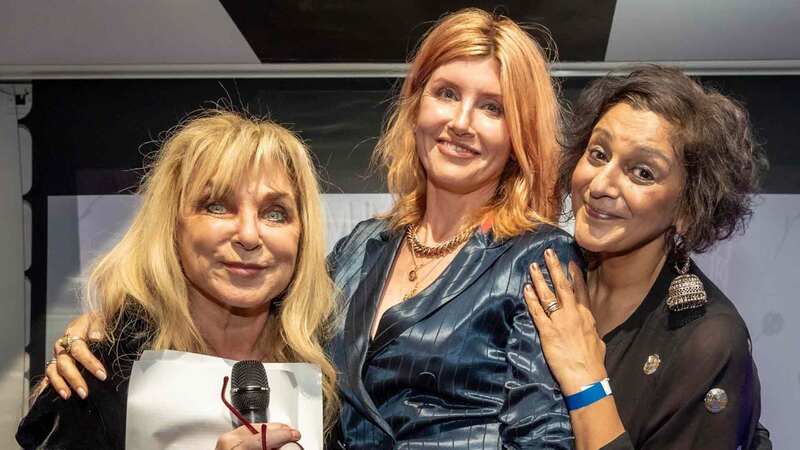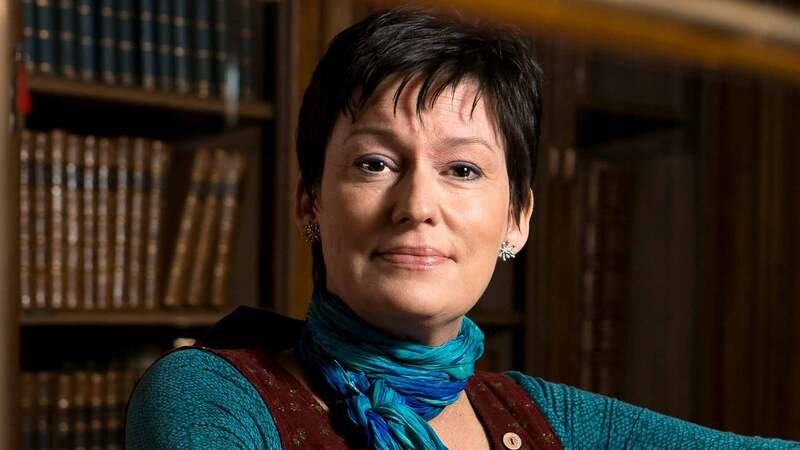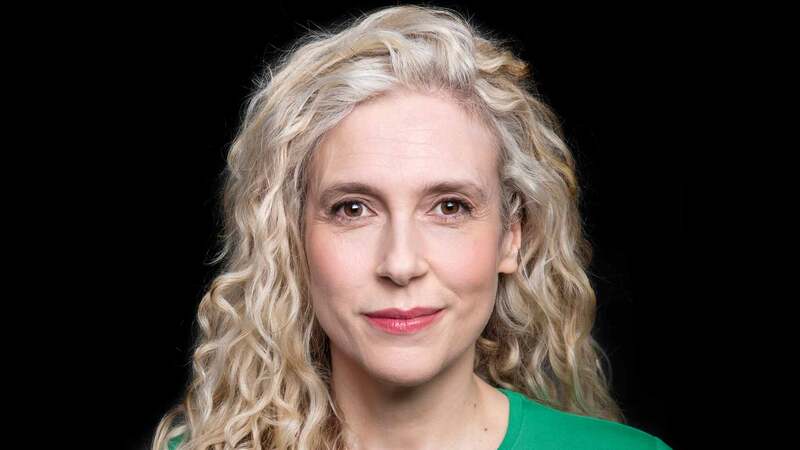You are viewing your 1 free article this month. Login to read more articles.
Heffernan's 'Blue Gold Rush' debut goes to Profile after three-publisher auctions
A debut non-fiction book from Irish scientist Olive Heffernan about the ‘Blue Gold Rush’, The New Pirates of the High Seas, has sparked a bidding war on both sides of the Atlantic.
Heffernan’s exploration of the high seas culminated in three-publisher auctions in the UK and US just before Christmas, going to Profile and Greystone respectively. Profile Books editorial director Ed Lake scooped British Commonwealth rights to The New Pirates of the High Seas “just as glasses were clinking for Profile’s Christmas lunch,” Patrick Walsh of the PEW Literary Agency revealed. Greystone publisher Rob Lake acquired North American rights including Canada (English only) to Heffernan’s debut from across the pond with Walsh negotiating both deals.
The oceans cover more than 70% of the Earth’s surface and two-thirds of those oceans are High Seas, beyond territorial waters, the synopsis reads. Largely un-policed and unknown, their resources are considered the common heritage of humanity - free, with few exceptions, for all to exploit.
"We are witnessing the dawn of what Olive calls the ‘blue gold rush’, with mining companies eyeing up the seemingly inexhaustible metal reserves strewn across sea-beds, and bio-prospectors seeking to add to the 30,000 or so antibiotics and pharmaceuticals – AZT, for instance, the Aids treatment drug, derives from a sea sponge – which were found in the seas," Walsh said. "At the same time, geo-engineers are designing huge projects to stop glacier and ice-sheet erosion, in a race against climate change, and conservationists are making plans to replenish global fish stocks which have declined world-wide by 50%. Add in the UN bodies looking to rewrite the laws of the seas, and the international police bodies planning to halt slavery and other crimes that occur on trawlers at sea, and you realise that the High Seas really are humanity’s new frontier."
A marine scientist and journalist, Heffernan “has spent 20 years thinking about and researching the oceans,” Walsh said. She is a zoologist who moved into marine science, spending the early part of her career conserving fish stocks in the North and Irish Seas, helping to re-establish cod stocks, before jumping from academia and the decks of trawlers into journalism. She then rose through the ranks at Nature magazine, winning writing fellowships and prizes and launching the world’s most influential climate change journal, Nature Climate Change, before leaving to freelance. Now based in Dublin, she writes across the spectrum from Scientific American to the New Scientist.

















